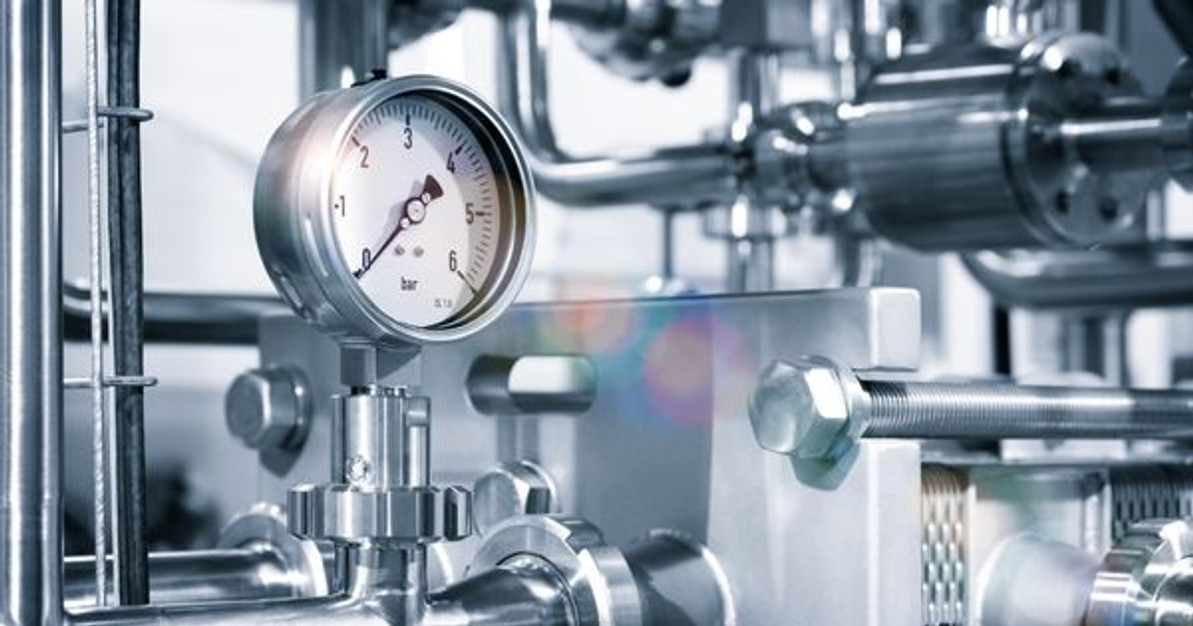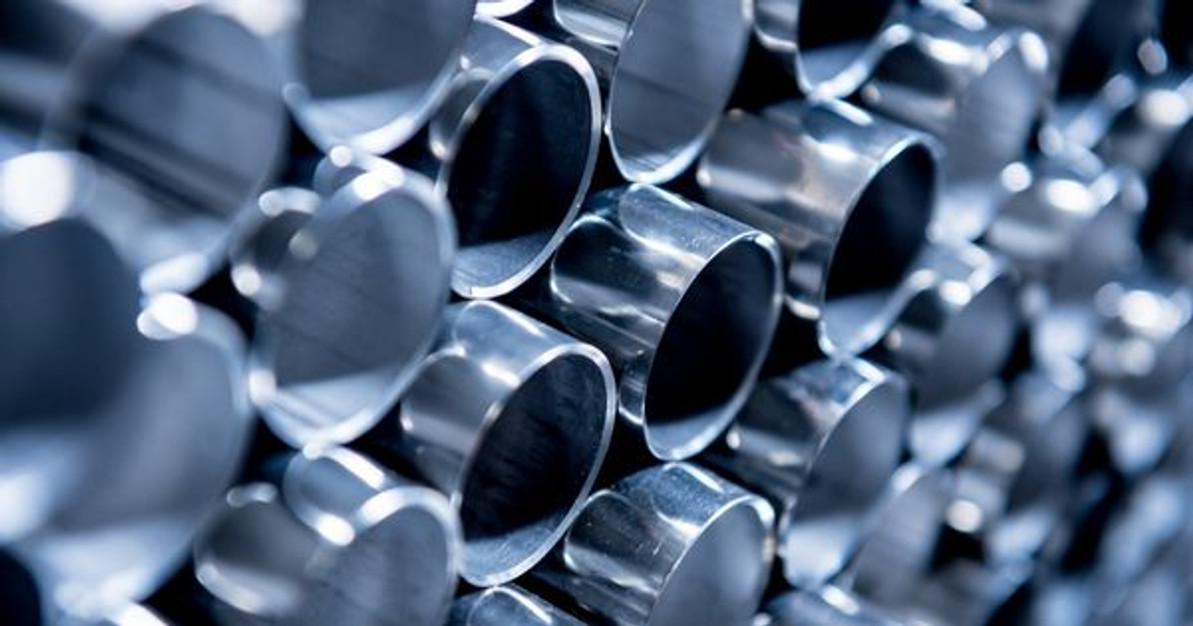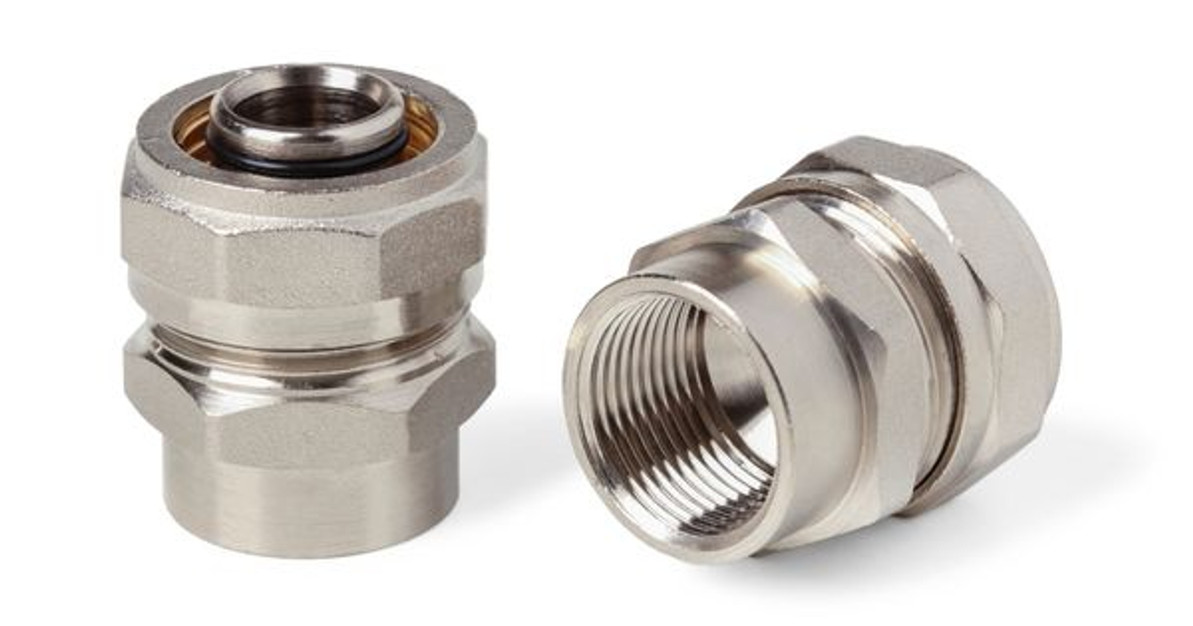 Sep 23rd 2022
Sep 23rd 2022What Is the Max Operating Temperature for Stainless Steel?
Stainless steel is valued in many industrial applications because it’s capable of withstanding high temperatures. These applications commonly include sanitary pipe fittings and valves that help control the flow of liquids and gases, so it would be disastrous if they were to fail from extreme temperatures. That begs the question, then, what is the max operating temperature for stainless steel? The answer depends on what grade of steel you’re using, so let’s look at a few of the most common grades of stainless steel and how they stand up.
Grade 304 Stainless Steel
Resistance to oxidation is the key component of stainless steel’s ability to withstand extreme temperatures. High temperatures can compromise this oxidation resistance when the heat becomes too excessive, leading to corrosion.
Grade 304 alloys are capable of intermittently withstanding temperatures ranging between 1,598 and 1,697 degrees Fahrenheit. While it can manage these temperatures for short periods of time, long-term exposure will eventually wear down and compromise the alloy’s oxidation resistance.
Grade 316 Stainless Steel
Grade 316 is another incredibly common alloy of stainless steel. While the temperature tolerance of grade 316 is comparable to grade 304, it is notably weaker and thus not preferable for high-temperature applications. We mention this specifically because of how common grade 316 is. Many think that it is interchangeable with grade 304 stainless steel alloys, but that’s not the case.
Grade 330 Stainless Steel
When considering the max operating temperature of stainless steel, grade 330 is the alloy of choice for enduring high temperatures. Due to its chromium and nickel content, grade 330 stainless steel can confidently endure temperatures up to 2,000 degrees Fahrenheit. However, for the greatest lifespan, it’s recommended only to expose grade 330 alloys to a maximum heat of 1,900 degrees Fahrenheit.
 Sep 23rd 2022
Sep 23rd 2022Recent Posts
-
Nov 7th 2022
What Is Food-Grade Stainless Steel Tubing?
Businesses that produce food and beverage products must operate hygienically. Sterile environments a …Nov 7th 2022
-
Oct 11th 2022
Why Sanitary Fittings Are Important for the Medical Industry
Sanitary fittings are useful for many industries. Food and beverage manufacturers have used these to …Oct 11th 2022
-
Sep 23rd 2022
What Is the Max Operating Temperature for Stainless Steel?
Stainless steel is valued in many industrial applications because it’s capable of withstanding high …Sep 23rd 2022



